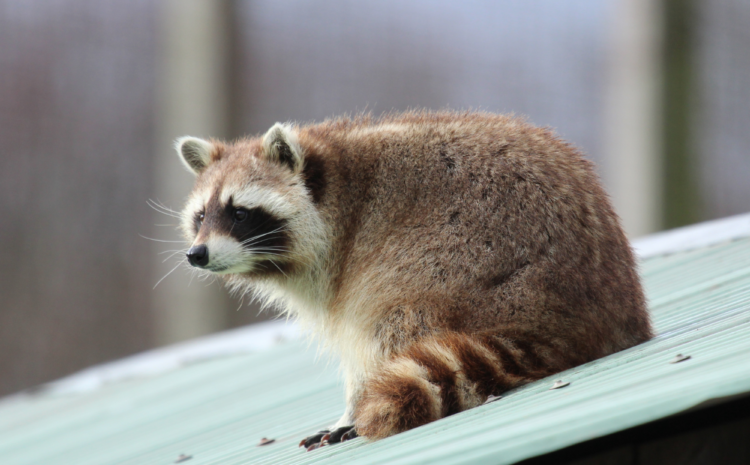
The Raccoon Ruckus: Uninvited Guests in Residential Areas and the Importance of Pest Control
Raccoons, with their masked faces and nimble fingers, have become increasingly common in residential areas. While their antics may appear charming from afar, these nocturnal creatures can cause significant problems for homeowners. Understanding the impact of raccoons on residential properties and the vital role of pest control can help you protect your home and maintain peace of mind.
Why Raccoons Love Residential Areas
Urban environments provide raccoons with an abundance of food and shelter. These intelligent animals have adapted remarkably well to city life, scavenging for food in garbage cans, pet food bowls, and even gardens. The warmth and safety of attics, chimneys, and crawl spaces make for ideal nesting sites, especially during the breeding season.
The Risks of Raccoon Infestations
- Property Damage: Raccoons are notorious for their ability to break into homes. They can tear shingles, rip insulation, and gnaw on electrical wires, leading to costly repairs. Once inside, their nesting habits can ruin insulation and create unsanitary conditions.
- Health Hazards: These animals are carriers of several diseases, including rabies and leptospirosis, which can be transmitted to humans and pets. Their droppings can also harbor parasites and pathogens, posing serious health risks.
- Noise and Disturbance: Raccoons are nocturnal and can be quite noisy, particularly during the breeding season. Their nocturnal activities can disrupt sleep and create a general sense of unease.
Preventative Measures to Keep Raccoons at Bay
- Secure Trash Bins: Use raccoon-proof garbage cans with tight-fitting lids. Avoid leaving trash outside overnight and consider using bungee cords to secure lids.
- Remove Food Sources: Feed pets indoors and store pet food in sealed containers. Regularly harvest ripe fruits and vegetables from your garden to reduce the food supply.
- Seal Entry Points: Inspect your home for potential entry points such as gaps in the roof, chimney, or vents. Use heavy-duty mesh or metal flashing to seal these areas.
- Maintain Landscaping: Trim tree branches that extend close to your home, as raccoons use them as bridges to access your roof. Keep shrubs and bushes well-maintained to eliminate hiding spots.
The Role of Pest Control in Managing Raccoon Infestations
Professional pest control services play a crucial role in managing and preventing raccoon infestations. Here’s why enlisting the help of experts is beneficial:
- Expert Inspection: Pest control professionals can conduct thorough inspections to identify entry points and nesting sites that might be overlooked by homeowners.
- Safe and Humane Removal: Professionals use humane trapping methods to capture and relocate raccoons, ensuring the safety of both the animals and residents.
- Sanitization and Repair: After removal, pest control experts can clean and sanitize affected areas, removing droppings and nesting materials. They also offer repair services to fix damage and prevent future infestations.
- Ongoing Prevention: Many pest control companies provide ongoing monitoring and maintenance services to keep your home raccoon-free in the long term.
While raccoons might be intriguing to observe from a distance, their presence in residential areas can lead to significant challenges. By understanding their behavior and taking proactive measures, homeowners can reduce the risk of infestations. For comprehensive protection, partnering with professional pest control services ensures a safe, healthy, and raccoon-free living environment.
By addressing the raccoon problem head-on, you can safeguard your property and maintain a peaceful home, free from the disruptions and dangers these critters can cause. Don’t wait until the raccoon ruckus becomes an unmanageable issue—take action today and enjoy the benefits of a secure and pest-free residence.
